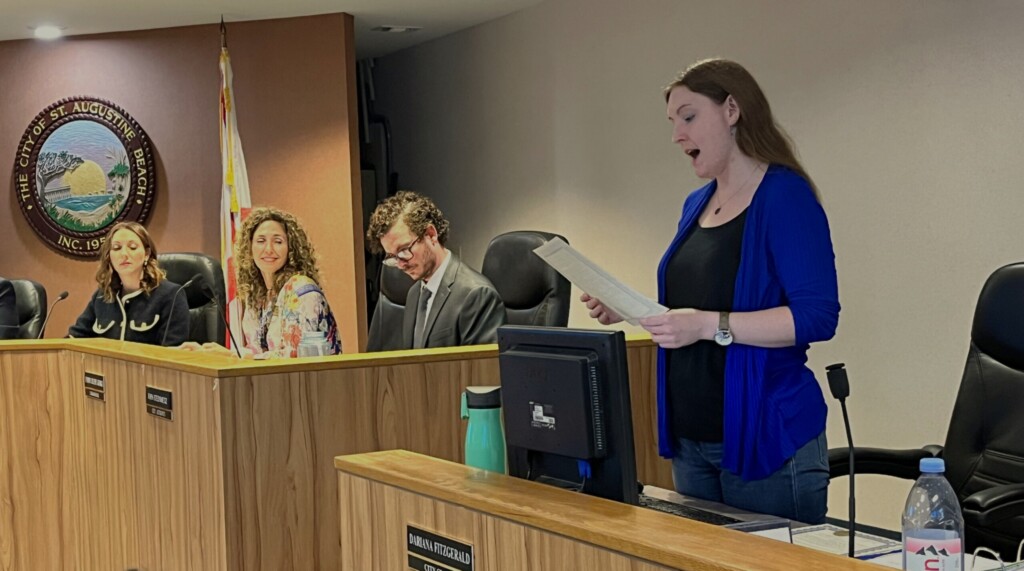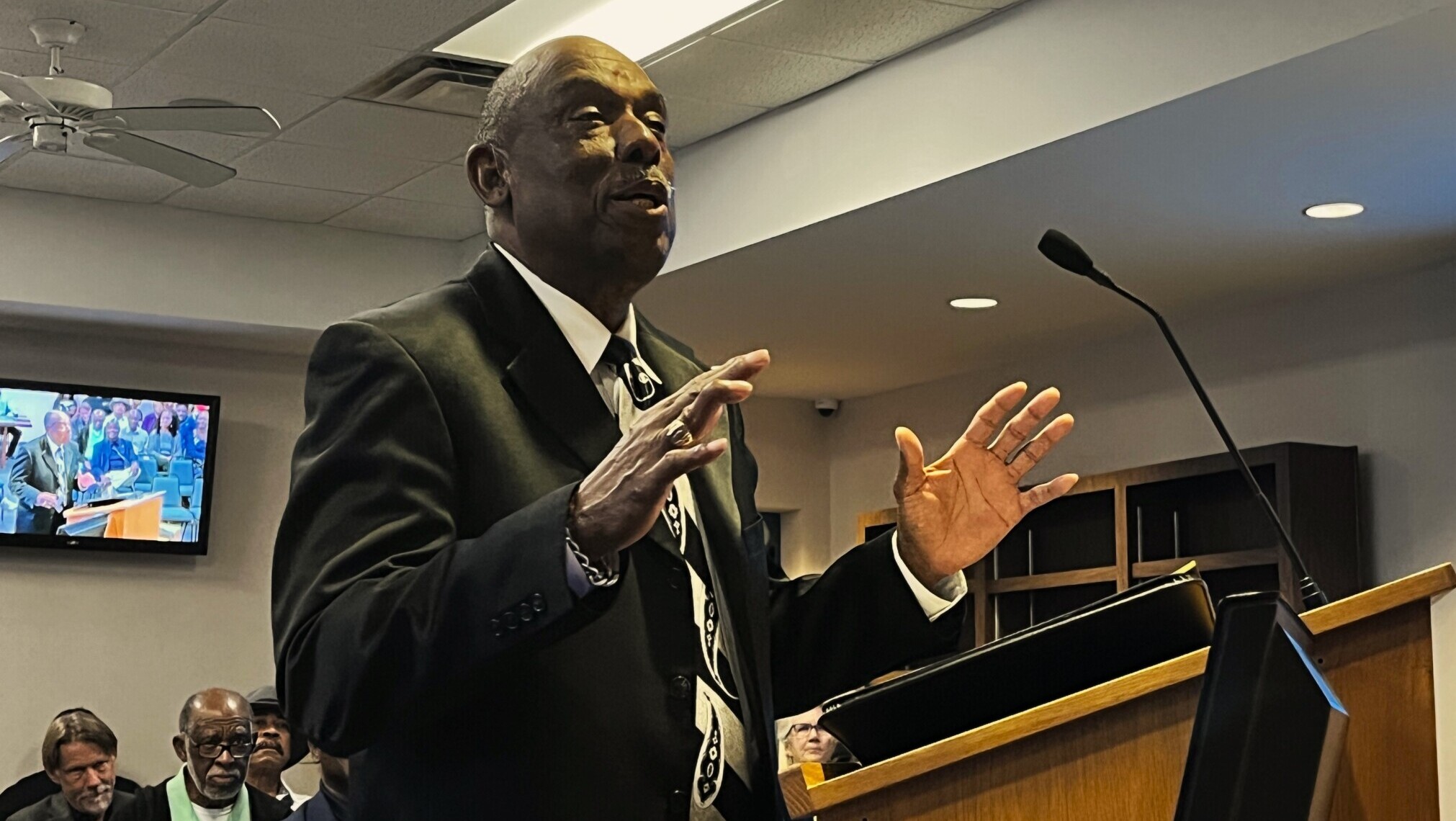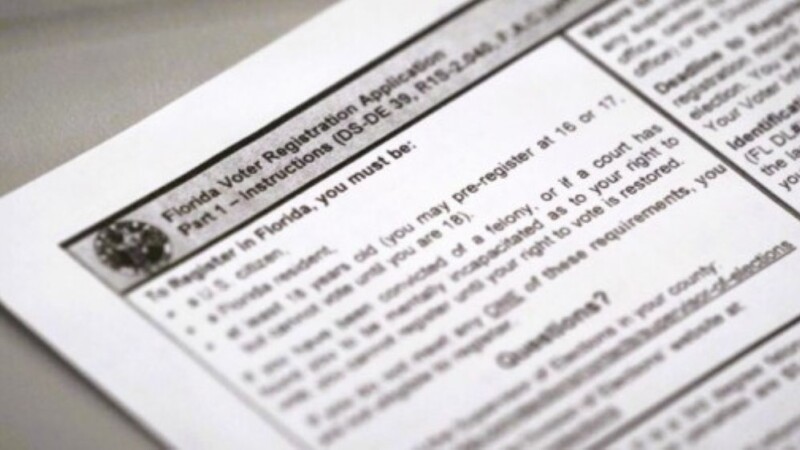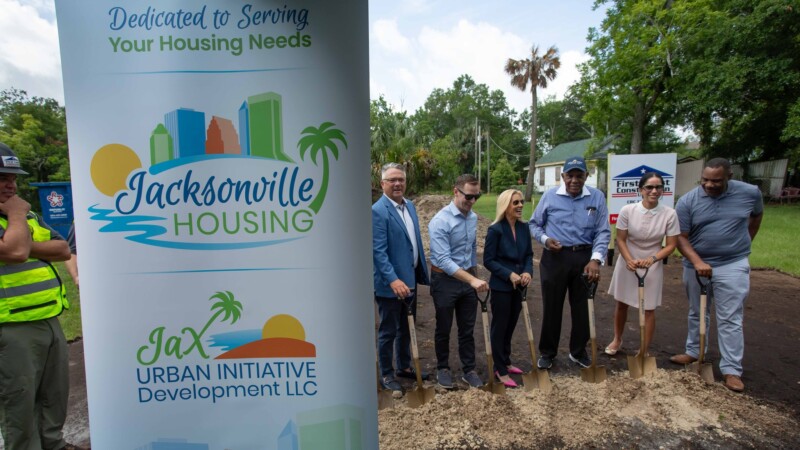It was incorporated as a city in 1959 and it was the site of protests against segregation in the 1960s, but St. Augustine Beach had never issued a formal proclamation recognizing Black History Month until Monday night.
Last year was the first time since the city’s founding that it recognized Black History Month at all, signing a joint resolution with St. Johns County. Mayor Dylan Rumrell told Jacksonville Today that it was long overdue that the city have its own acknowledgement on the books.
“I’m thankful that we were able to do it this year, and, moving forward, we won’t miss it again,” he said. “I can promise you that.”
The proclamation, made at the start of the City Commission’s regular meeting Monday night, crowded the small City Commission chambers on Anastasia Island.
Local elected officials, community advocates and members of neighborhood groups all wanted to be a part of the historic moment.
Greg White, a local Black history advocate who heads the West Augustine Community Development Corp., spoke after the proclamation’s reading. He thanked the city for building a future that “honors the past while moving forward.”
“This proclamation is more than just words or a piece of paper. It is a statement that Black history in St. Augustine and in St. Augustine Beach and in America is all of our history,” White said. “It acknowledges the contribution of those who came before and challenges us to continue to push forward.”

The St. Augustine area’s connection to the Civil Rights Movement is significant — the Rev. Martin Luther King Jr. was arrested during a demonstration in 1964. But neighboring St. Augustine Beach has its own history.
Many people participated in protests known as wade-ins, where, like sit-ins at lunch counters, Black protesters went swimming in segregated, whites-only beaches. Many of them were met with violence.
To be able to recognize the city’s history so far down the line was important to Rumrell, and it’s something he wants to see continue.
“It’s long overdue,” he said, “but not forgotten.”







